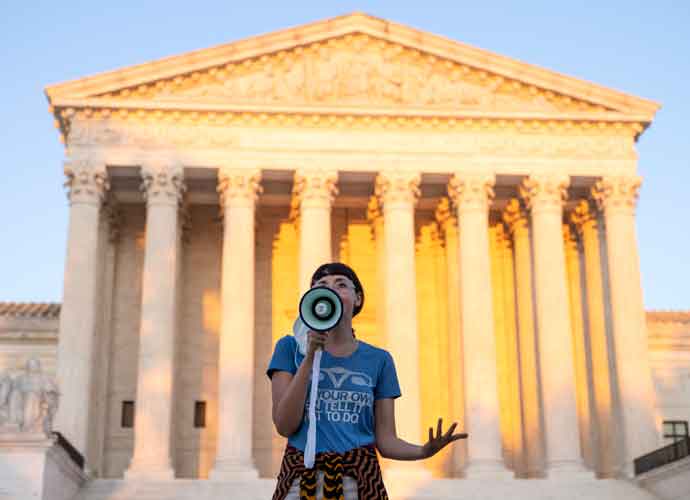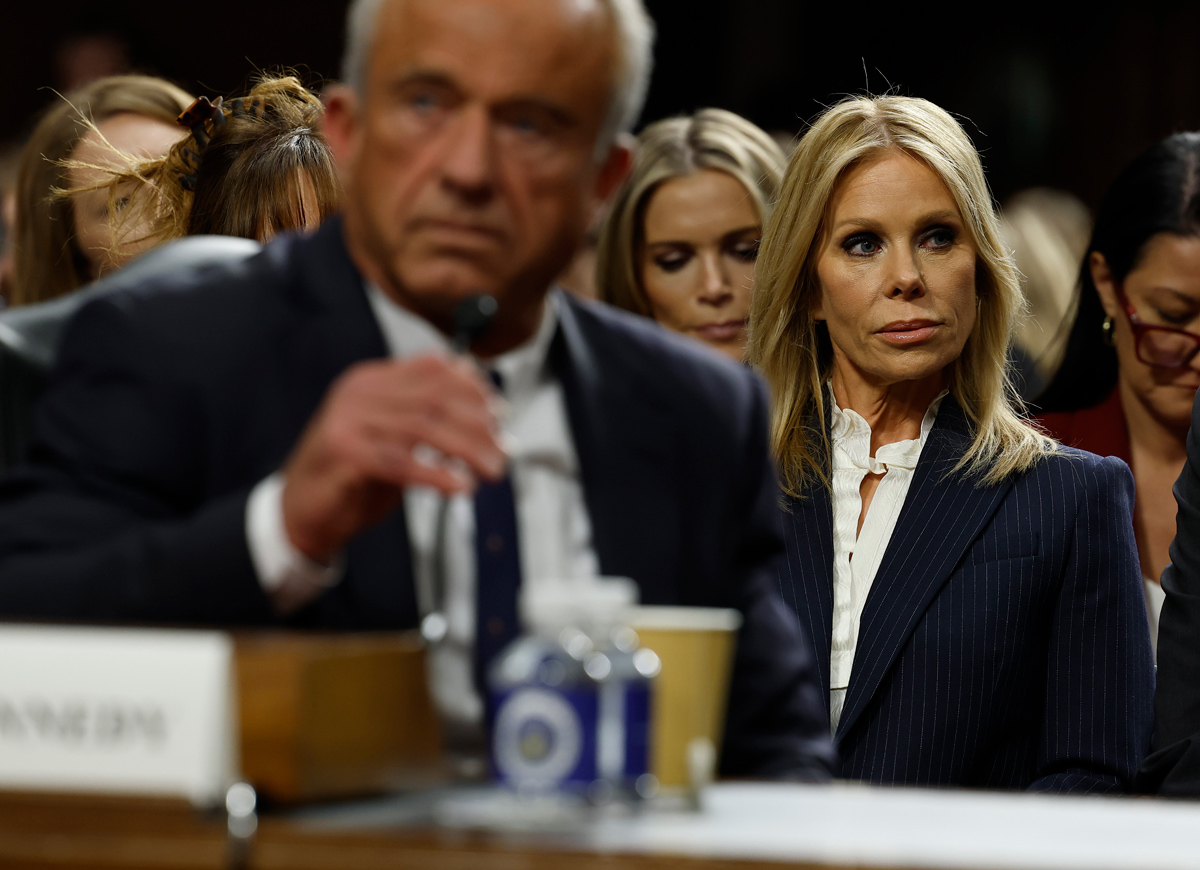Supreme Court Rejects Alabama’s Congressional Map That Defied Its Order To Create 2nd Black District
The Supreme Court rejected Alabama’s new congressional map drawn by Republican lawmakers last month, which defied its order to create a second black-majority district.
Alabama claimed that they drew the maps without regard to race, but the map contained only one black majority district, although the state is nearly one-quarter black.
Under the old map, Alabama elected six white Republicans and one black Democrat. The Supreme Court rejected that map earlier this year and ordered a new map to be produced.
A three-judge federal court ordered that the maps include a second black district, and set a deadline for the completion of the maps for Monday. The lower court ruled that this violated the Voting Rights Act of 1965, which ensures that citizens have a right to vote without facing racial discrimination.
Subscribe to our free weekly newsletter!
A week of political news in your in-box.
We find the news you need to know, so you don't have to.
But instead of adding a second black district, Alabama’s lawmakers changed district borders to increase the percentage of black voters from 30% to 40%.
“The law requires the creation of an additional district that affords black Alabamians, like everyone else, a fair and reasonable opportunity to elect candidates of their choice,” wrote the panel.
Alabama’s Attorney general, Steve Marshall, claimed that although the state did not add a second district, it still followed the law.
“The state will have no meaningful opportunity to appeal before the 2023 plan is replaced by a court-drawn map that no state could constitutionally enact,” said Marshall.
The lead plaintiff in the case, Evan Milligan, said the ruling was a “victory for all Alabamians. [The maps] basically said if you were black in Alabama, your vote would count for less.”
Following the Supreme Court’s decision in June, the plaintiffs said the state secretly drew up their plan without any input from the public, defying the court’s ruling.
“Disagreement with this court’s ruling is not a valid reason to defy it — and certainly not a basis for a grant of an emergency stay application,” the plaintiffs wrote in their filing.
Get the most-revealing celebrity conversations with the uInterview podcast!






Leave a comment